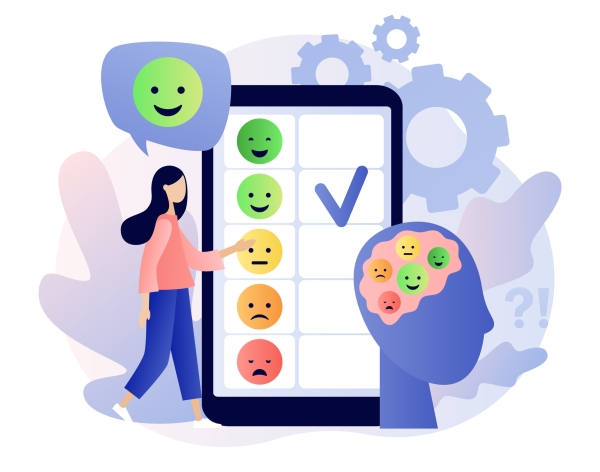In today’s fast-paced and technology-driven world, digital applications have become a valuable tool in supporting students’ mental health. These applications provide a convenient and accessible way for students to access resources and support for their mental well-being. From mindfulness apps to therapy chatbots, there are a variety of digital tools available to help students manage their mental health.
One of the key benefits of using digital applications for mental health support is the ability to access help at any time and anywhere. Students can use these apps to practice mindfulness techniques, track their moods, or seek therapy without the need for an in-person appointment. This level of convenience can be especially helpful for students who may not have access to traditional mental health resources or who may feel more comfortable seeking help online.
Additionally, many digital applications offer personalized support based on the user’s needs and preferences. For example, some apps use algorithms to provide tailored recommendations for self-care practices or coping strategies based on the user’s responses to assessments or journal entries. This level of customization can help students feel more supported and motivated to engage in self-care activities.
However, while digital applications can be a valuable tool in supporting students’ mental health, it is important to acknowledge that there are limitations to these tools. One of the main concerns is the lack of regulation and oversight in the mental health app industry. This lack of regulation can lead to a proliferation of apps that may not be evidence-based or may not have undergone rigorous testing to ensure their effectiveness.
Another concern is the potential for these apps to replace traditional forms of therapy or support. While digital applications can be a valuable supplement to in-person therapy, they should not be seen as a replacement for professional mental health treatment. It is important for students to seek help from qualified mental health professionals if they are experiencing significant distress or mental health issues.
Overall, digital applications have the potential to greatly benefit students’ mental health by providing accessible and personalized support. However, it is important for students to be mindful of the limitations of these tools and to seek help from qualified professionals when needed. By combining digital resources with traditional forms of therapy and support, students can create a comprehensive approach to managing their mental well-being.



